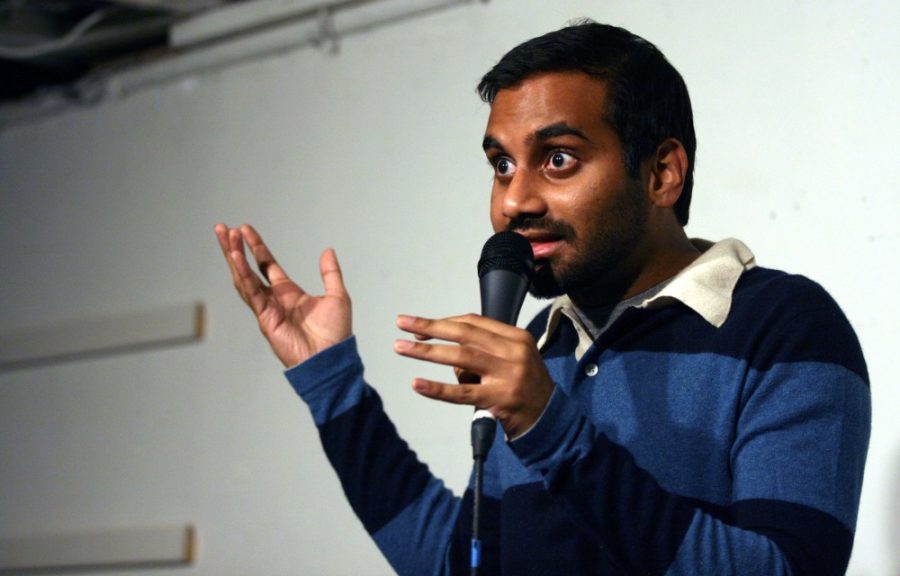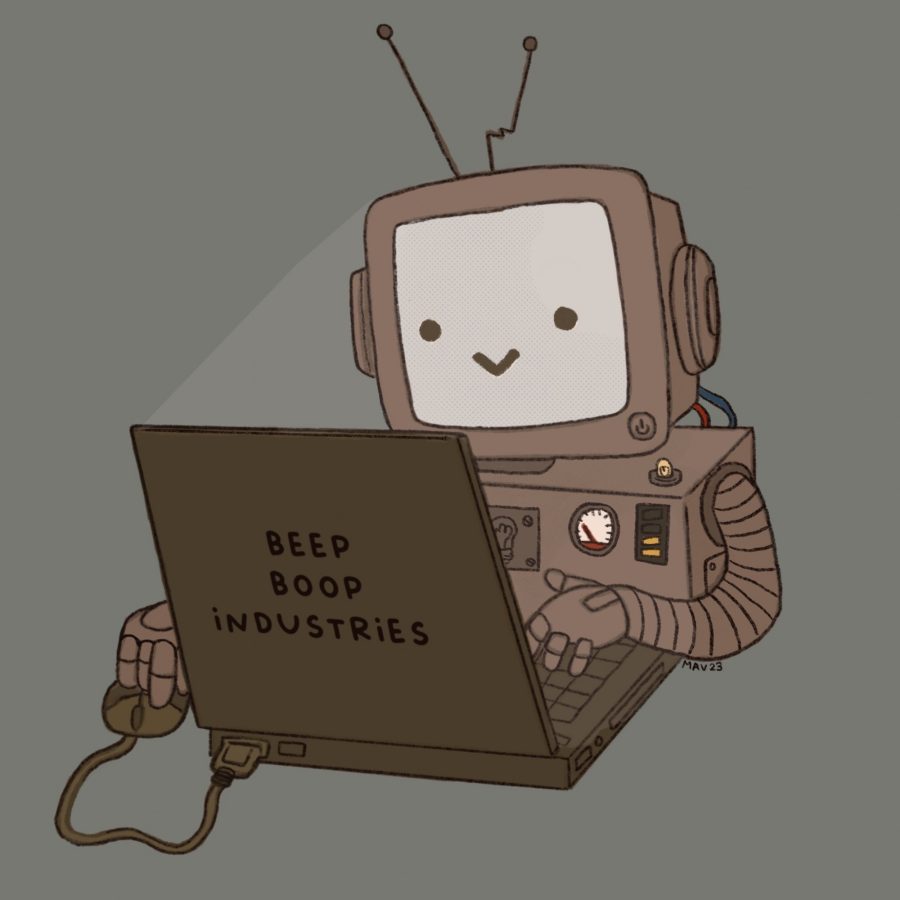Social media — everyone has an account of some form. Most people in our generation, like the president of this country, seem to be addicted to it. Whether it be Snapchat, Instagram or Twitter, we find ourselves glued to the lit screen rather than living in the moment.
When was the last time you walked into a public place and saw at least two people having a proper conversation? When was the last time you saw a man or woman sitting alone confidently without being stuck on the latest news from the internet? Social media is destroying a basic human skill: interaction.
In a recent interview with GQ, actor Aziz Ansari spoke about how deleting not only social media from his smartphone but also Safari has changed his life.
“Whenever you check for a new post on Instagram or whenever you go on the New York Times to see if there’s a new thing, it’s not even about the content,” said the “Master of None” star. “It’s just about seeing a new thing. You get addicted to that feeling. You’re not going to be able to control yourself.”
Aziz’s comments about social media are scientifically backed. Numerous studies have found that social media raises dopamine levels just like hugs or drugs. This creates the crave for more.
RELATED: Column: Using social media to get ‘likes’ from employers
RadiumOne, a San Francisco marketing company, did a consumer study that found that, “every time we post, share, ‘like,’ comment or send an invitation online, we are creating an expectation. We feel a sense of belonging and advance our concept of self through sharing.” Social media hooks into minds by creating an “online community” and gives people who feel they are unable to have normal social interactions an easy way out.
Studies show that social media can lead to internet addiction disorder. According to Psychology Today, “IAD [Internet Addiction Disorder] can cause tremors, shivers, nausea and anxiety in some addicts.” Psychologists now draw comparisons between IAD and gambling and substance abuse.
Even “average” social media use can lead to problems in an individual’s life. A study done in the UK in 2014 found that of the 1500 Facebook users surveyed, 62 percent reported they felt inadequate after social media use. Another 60 percent said they were jealous of other users they see on social media. A study completed by the University of Missouri had similar findings, that jealousy caused by social media can lead to depression. On top of that, cyber bullying was essentially born out of social media and according to No Bullying.com, 25 percent of teens experience regular bullying online.
As students, following in the footsteps of Ansari could greatly help our mental states and take unneeded distractions out of our lives. Ansari, who now only calls and texts, said his mental power has greatly increased. Rather than mindlessly surfing the web, when he returns home, he reads. He avoids the “www” world of American politics. “I’m not out of the loop on anything,” he said. “Like, if something real is going down, I’ll find out about it.”
In this day and age, social media is used to outrage people and distract them from the true problems in this world. It’s to keep you reading and wanting more.
Ansari no longer uses email or the internet, which for us as students, is not a reality we can practice easily. However, we can drastically reduce our usage of the two. When studying or putting together a project, our first, if not our only, resource is the internet. Why not go old school? Utilize the university library and take information from books. You are bound to find knowledge that will set you apart from everybody else who only clicks on the first few Google results.
Reducing email use is something that may set you apart as unconventional. Rather than giving out your email, give out your phone number. You would in turn deal with most issues at a more personal level. For some reason, an email seems less personal than a text or call, even when it’s sent to only one person.
RELATED: Column: Keeping your location private a snap with Snap Map
Social media has not really helped anyone. Yes, it can connect you to your fifth cousin you’ve never met, but that is washed away by the fact that everything you consume on social media is subconsciously leaking into your brain. It makes you a negative, commercialized drone only smart enough to obey orders. As Shakespeare wrote, “O brave new world, that has such people in’t!”
Just as technology makes it easier to work, it makes it easier to think. Too much of it, and the body and mind will both become weak.
Follow Chuck Valadez on Twitter









